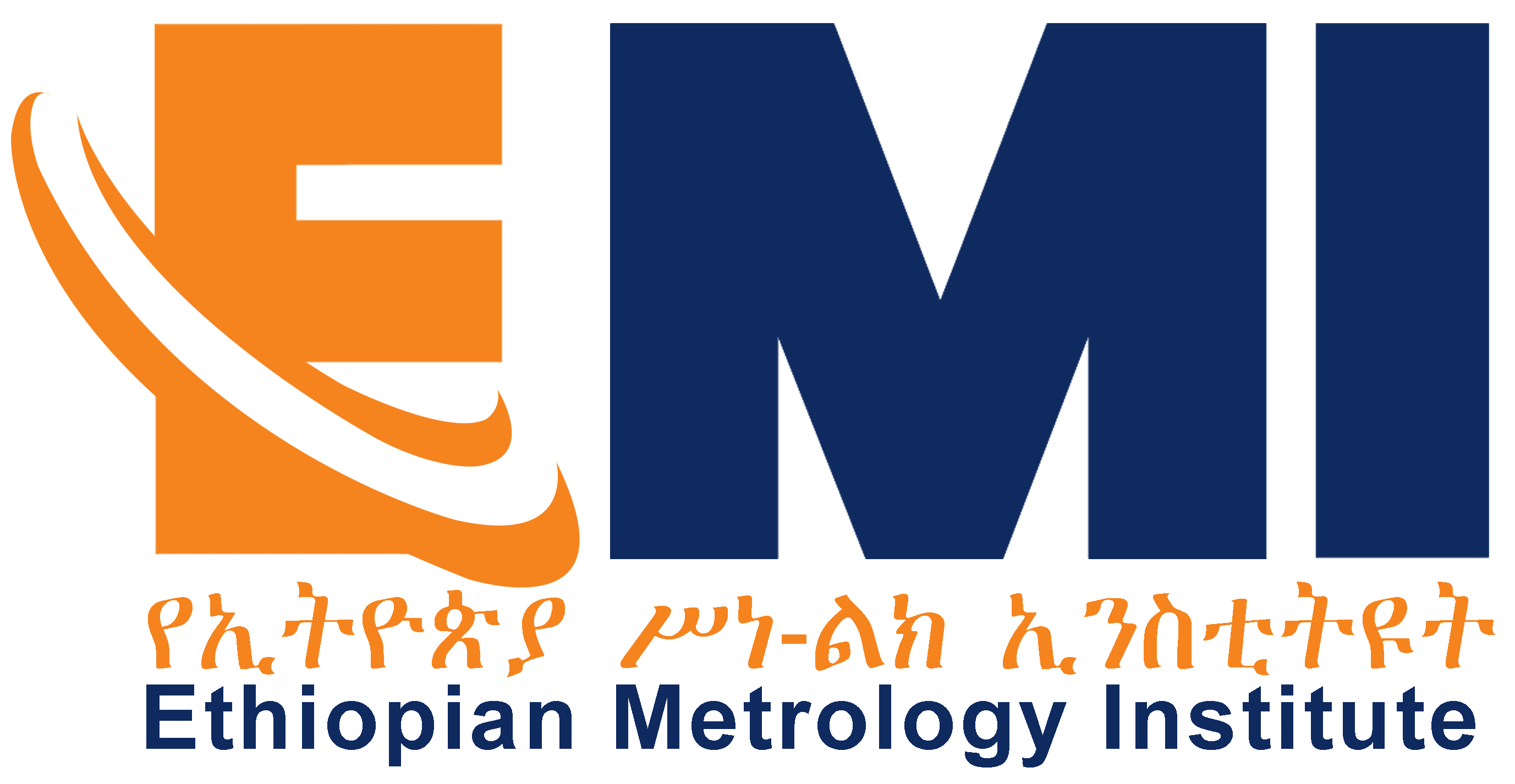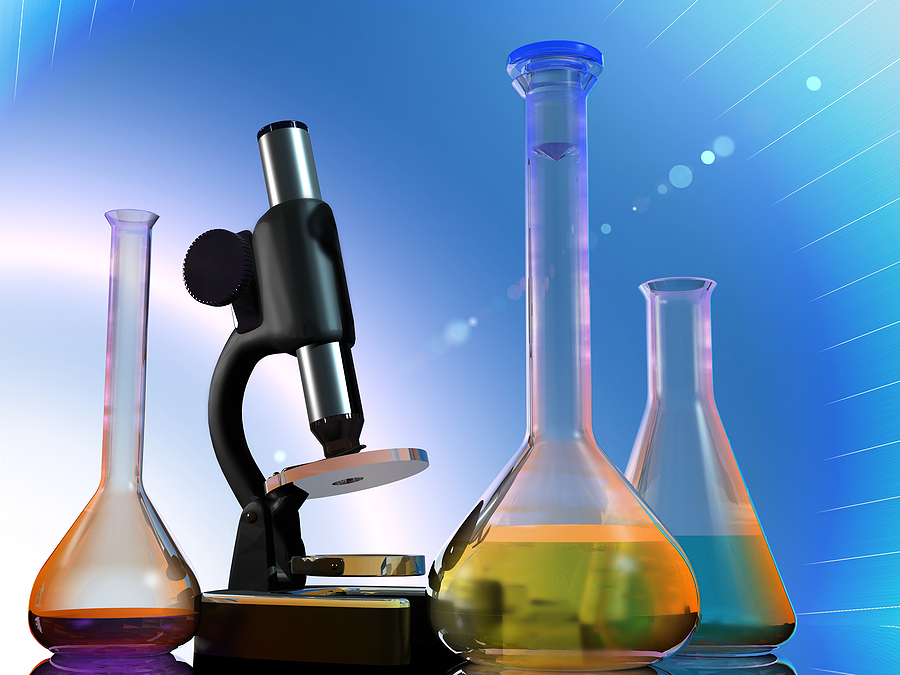Research & Development
Metrology is the science of measurement and plays a crucial role in ensuring the accuracy and reliability of measurements in various fields, such as manufacturing, engineering, and science. Creating and maintaining measurement standards, calibrating measuring equipment, and doing research to increase measurement accuracy and precision are all part of the field of metrology.
Metrological science is crucial because it makes sure that measurements are consistent between various laboratories and nations and can be traced back to the International System of Units (SI). This is essential for encouraging fair trade and assuring the quality of goods, processes, and services. For research and development, as well as for assuring health and safety in a variety of industries like medicine, energy, and environmental monitoring, accurate and trustworthy measurements are also crucial.
The development of new methods and technologies for precise and trustworthy measurements depends on expanding our understanding of measurement science. It is necessary for the creation and upkeep of measuring standards because they guarantee the consistency and traceability of measurements across various laboratories and nations.
The accuracy and precision of measurements must be improved in order to support a variety of industries, including manufacturing, engineering, and science. It results in the creation of brand-new measurement techniques, tools, and technologies that can raise the calibre of goods and services, encourage ethical business practices, and guarantee people's health and safety in a variety of contexts.
Additionally, metrological research is crucial for addressing new issues like climate change, energy, and health that call for precise and trustworthy measurements. Additionally, it fosters cooperation between various nations and organizations and helps to set worldwide standards.
Metrological research is therefore essential for advancing science and technology, encouraging innovation, and safeguarding the security, health, and wellbeing of people and the environment.
Research and Development (R&D) in scientific equipment, whether for medical or non-medical use, involves creating and improving tools and devices that help scientists, doctors, and engineers do their work more effectively.
- Medical Equipment R&D: This focuses on developing devices like MRI machines, surgical tools, or wearable health monitors. The goal is to improve patient care, make diagnoses more accurate, and treatments safer and more effective.
- Non-Medical Equipment R&D: This involves creating tools for fields like physics, chemistry, or environmental science. Examples include microscopes, spectrometers, or weather sensors. The aim is to enhance precision, efficiency, and data collection in research.
In both cases, R&D involves designing, testing, and refining equipment to meet specific needs, often using the latest technology to push the boundaries of what’s possible.

